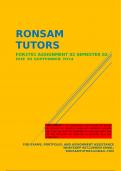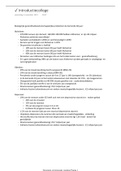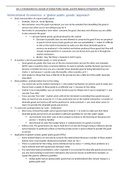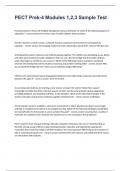Exam (elaborations)
FOR3701 ASSIGNMENT 02 SEMESTER 02 ANSWERS DUE 30 SEPTEMBER 2024
- Course
- FOR3701 (FOR3701)
- Institution
- University Of South Africa (Unisa)
FOR3701 ASSIGNMENT 02 SEMESTER 02 ANSWERS ASSESSMENT 02 Module code: FOR3701 Due date 30 September 2024 Unique number 55963 Total 50 marks The questions for Assessment 02 appear below. Read every question carefully and answer ALL three (3) questions and the sub-questions. Please number your...
[Show more]












